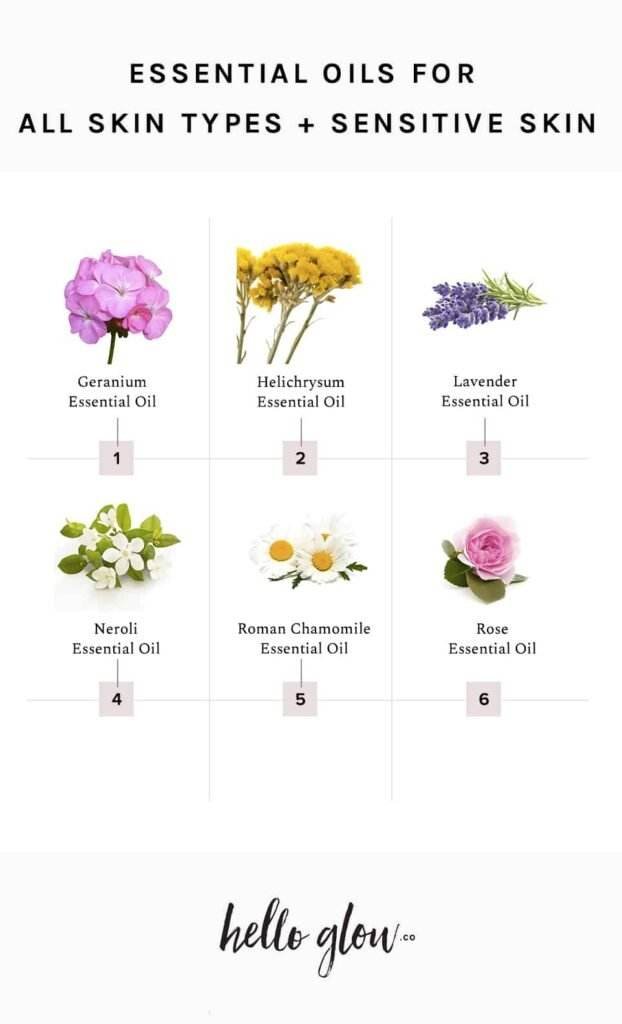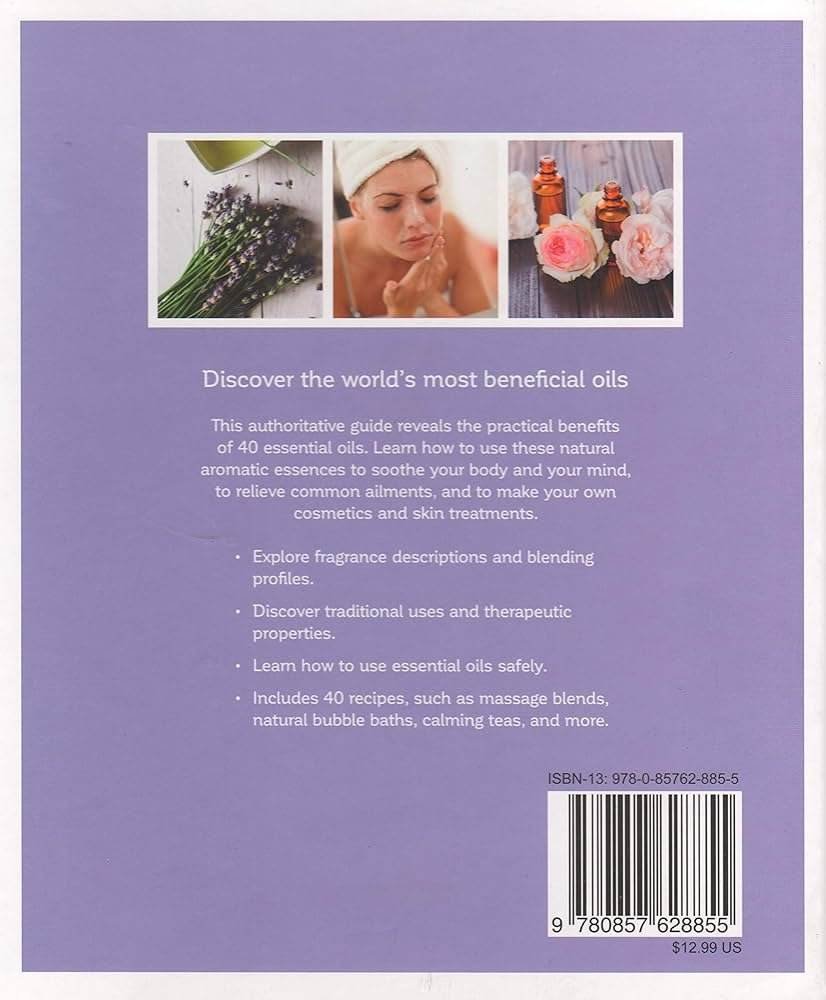
Step into the natural beauty and wellness world with our ultimate guide to using essential oils. From soothing lavender to rejuvenating peppermint, we will explore the transformative power of these potent oils and how they can elevate your skincare and self-care routines. Discover the science behind essential oils and learn how to harness their aromatic and therapeutic properties to enhance your natural beauty from head to toe. Whether you’re a seasoned actual oil enthusiast or just starting your journey, this comprehensive guide empowers you with knowledge and inspiration to embrace the power of nature for a healthier, more radiant you.
Choosing the Right Essential Oils
Understanding Different Types of Essential Oils
When choosing the suitable essential oils for your skincare routine, it’s important to understand the available types. Essential oils are extracted from various plants, flowers, fruits, and herbs; each style has unique properties and benefits. Some common essential oils include lavender, tea tree, peppermint, rosemary, and lemon.
Lavender oil is known for its soothing properties, making it an excellent choice for sensitive or irritated skin. On the other hand, tea tree oil is renowned for its antibacterial and antifungal properties, making it an ideal option for acne-prone or oily skin. Peppermint oil is invigorating and can help refresh and awaken dull skin, while rosemary oil has antioxidant properties that can defend against free radicals and reduce oxidative stress. Lemon oil is known for its brightening and clarifying effects, making it ideal for dull or uneven skin tones.
Researching the Benefits of Specific Essential Oils
Before incorporating essential oils into your skincare routine, it’s crucial to research and understand each oil’s specific benefits. Some essential oils have antibacterial or anti-inflammatory properties, while others help balance oil production or promote cell regeneration.
For example, if you have acne-prone skin, you may want to consider essential oils like tea tree or lavender, as they have antimicrobial properties that can help reduce acne-causing bacteria and inflammation. If your skin tends to be dry, essential oils like rosehip or jojoba oil can help moisturize and nourish the skin, thanks to their emollient properties. Frankincense oil is known for its rejuvenating effects and can be beneficial for reducing wrinkles and promoting a more youthful-looking complexion.
Considerations for Different Skin Types
When choosing essential oils for your skincare routine, it’s important to consider your skin type. Different oils are better suited for specific skin concerns, and using the wrong oil for your skin type can worsen existing issues.
If you have oily or acne-prone skin, it’s best to opt for lighter oils like tea tree or rosemary that won’t clog pores or exacerbate oil production. On the other hand, if you have dry or sensitive skin, you may want to choose oils like chamomile or geranium, which have soothing and moisturizing properties.
It’s also important to note that some essential oils may cause skin irritation or sensitization in specific individuals. Performing a patch test before using a new oil is always recommended, especially if you have sensitive skin.
Methods of Using Essential Oils
Aromatherapy
Aromatherapy is one of the most popular and effective ways to use essential oils. Aromatherapy involves inhaling the scent of essential oils, which can have a powerful impact on mood, emotions, and overall well-being.
There are several ways to incorporate essential oils into your aromatherapy practice. You can use an essential oil diffuser, which disperses the oil into the air, creating a fragrant and therapeutic atmosphere. Another option is adding a few drops of essential oil to a hot water bowl and inhaling the steam. This method is especially beneficial for congestion relief or relaxation.
Topical Application
Topical application of essential oils involves directly applying them to the skin. This method allows the oils to be absorbed through the skin and interact with the body’s systems.
Before applying essential oils topically, it’s important to dilute them with carrier oil, such as coconut oil, jojoba oil, or sweet almond oil. This helps to prevent skin irritation or sensitization.
To apply essential oils topically, you can create a personalized blend by combining a few drops of your chosen oils with a carrier oil. Massage the mixture onto your skin, focusing on areas of concern or tension. This method is particularly effective for skincare, as the oils can target specific skin concerns directly.
Ingestion (Only for Therapeutic Grade Oils)
Ingesting essential oils is controversial and should only be done under the guidance of a trained professional. Not all essential oils are safe for ingestion, and consuming them in large quantities or without proper dilution can be harmful.
If you are considering ingesting essential oils, it’s crucial to use therapeutic-grade oils that are safe for internal use. Additionally, it’s best to consult with a qualified aromatherapist or healthcare provider to determine the appropriate dosage and method of ingestion.
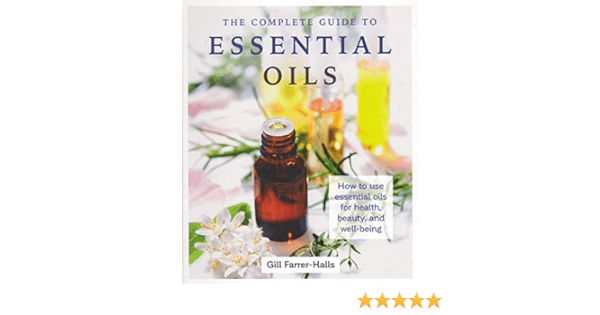
Creating a Skincare Routine with Essential Oils
Identifying Your Skincare Needs
Before incorporating essential oils into your skincare routine, it’s necessary to identify your skincare needs. Do you have oily or dry skin? Are you concerned about acne, fine lines, or uneven skin tone? Knowing your concerns will help you determine which essential oils to include in your routine.
If you have oily skin, you may want to focus on essential oils that regulate oil production, such as tea tree or bergamot. For dry skin, fats like rosehip or avocado can provide much-needed hydration. If you’re concerned about signs of aging, essential oils like rosemary or frankincense can help reduce the appearance of wrinkles and promote a more youthful complexion.
Using Essential Oils in Facial Cleansers
Adding essential oils to your facial cleanser can enhance its effectiveness and provide additional skincare benefits. You can purchase a cleaner containing vital oils or create your own by adding a few drops to your favorite gentle cleanser.
Tea tree oil or lavender oil can help purify the skin and reduce bacteria for oily or acne-prone skin. Chamomile or geranium oil can soothe and nourish the complexion if you have dry or sensitive skin. Mix the essential oil into your cleanser and use it usually.
Incorporating Essential Oils in Toners and Mists
Toners and mists are a great way to prep the skin and balance its pH. Adding essential oils to your toner or mist can enhance its benefits and provide a refreshing and aromatic experience.
You can create a customized blend for toners by combining witch hazel or rose water with a few drops of essential oil. Tea tree or rosemary oil can benefit oily or acne-prone skin, while chamomile or lavender oil can soothe and hydrate dry or sensitive skin.
Mists can be made by diluting essential oils in distilled water or a hydrosol. After cleansing, spritz the mist onto your face to hydrate and refresh your skin throughout the day.
Nourishing Your Skin with Essential Oil-infused Moisturizers
Moisturizers are an essential step in any skincare routine, and incorporating essential oils into your moisturizer can provide added nourishment and therapeutic benefits.
To create an essential oil-infused moisturizer, add a few drops of your chosen essential oil to your preferred unscented moisturizer or facial oil. For dry skin, oils like rosehip or argan oil can provide deep hydration and restore the skin’s natural moisture barrier. If you have oily or acne-prone skin, jojoba or grapeseed oil can provide lightweight hydration without clogging pores.
Massage the moisturizer onto clean, dry skin, focusing on areas that need extra attention. The essential oils penetrate the skin, providing unique benefits and leaving your skin feeling nourished and rejuvenated.
Boosting Hair Health with Essential Oils
Choosing Essential Oils for Hair
Just as essential oils benefit the skin, they can work wonders for your hair. Consider your hair type and concerns when choosing essential oils for hair care.
Essential oils like lavender or rosemary can help moisturize and strengthen the hair follicles for dry or damaged hair. If you have oily or dandruff-prone hair, oils like tea tree or peppermint can help balance oil production and soothe the scalp. Chamomile or geranium oil can give dull or lackluster hair shine and luster.
Using Essential Oils for Scalp Massage
Scalp massages with essential oils can stimulate blood circulation, promote relaxation, and nourish the hair follicles. Mix a few drops of your chosen essential oil with a carrier oil, such as coconut or jojoba oil, and massage the mixture into your scalp using circular motions. Leave it on for at least 20 minutes before washing it out.
Scalp massages can help alleviate dryness, dandruff, and itching and promote hair growth and overall scalp health. Incorporating this practice into your hair care routine can provide multiple benefits and enhance your hair’s overall health and appearance.
Adding Essential Oils to Hair Care Products
Consider adding a few drops of essential oil to boost the effectiveness of your regular hair care products. You can mix a few drops of your chosen oil with your shampoo, conditioner, or hair mask to infuse your hair care routine with the aromatherapeutic benefits of essential oils.
For example, adding tea tree oil to your shampoo can help combat dandruff and promote a healthy scalp. Adding lavender oil to your conditioner can provide moisture and promote hair strength and growth. Experiment with different essential oils to find the best combination for your specific hair concerns.
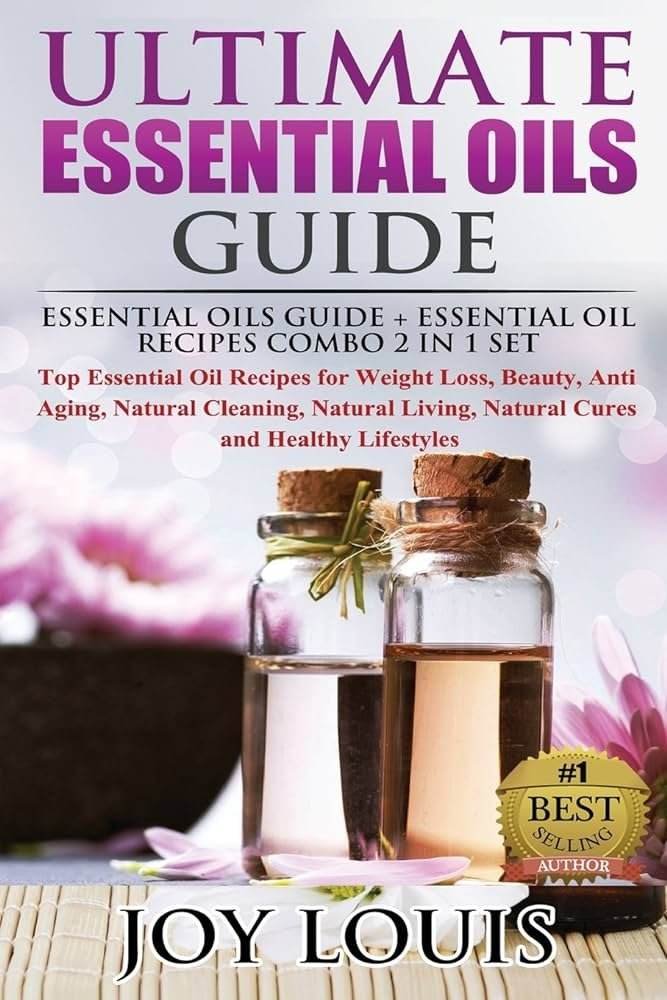
Essential Oils for Nails and Cuticles
Strengthening Nails with Essential Oils
If you struggle with weak or brittle nails, incorporating essential oils into your nail care routine can help strengthen and nourish them. Essential oils can provide vitamins and nutrients that promote healthy nail growth and prevent breakage.
Lemon oil is known for strengthening properties and can help fortify weak nails. Mix a few drops of lemon oil with a carrier oil like jojoba or almond oil and massage it into your nails and cuticles daily for the best results.
Revitalizing Cuticles with Essential Oils
Cuticles play a crucial role in protecting the nails; keeping them healthy is essential for overall nail health. Essential oils can help moisturize and revitalize the cuticles, keeping them soft and preventing them from drying or cracking.
Tea tree oil is a popular choice for cuticle care due to its antibacterial properties. Dilute a few drops of tea tree oil in a carrier oil, such as coconut or olive oil, and massage it into your cuticles daily. This will moisturize the cuticles and help prevent infection or inflammation.
DIY Essential Oil Nail Treatments
In addition to daily maintenance, you can also create DIY nail treatments using essential oils to target specific nail concerns. Here are a few ideas:
- Strengthening Nail Soak: Mix a few drops of lavender, rosemary, and lemon oil with warm water. Soak your nails in the mixture for 10-15 minutes to strengthen and nourish them.
- Cuticle Oil: Combine jojoba oil with a few drops of tea tree and lavender oil. Apply the mixture to your cuticles and massage it in. This will promote healthy cuticles and prevent dryness.
- Nail Growth Serum: Mix equal parts of coconut and castor oil and add a few drops of rosemary oil. Apply the serum to your nails and cuticles daily to promote nail growth and strength.
Addressing Acne and Skin Blemishes
Essential Oils for Acne Treatment
Acne can be a frustrating and persistent skin concern, but essential oils can offer a natural and effective solution. Several essential oils have antimicrobial, anti-inflammatory, and healing properties that can help reduce acne and prevent future breakouts.
Tea tree oil is perhaps the most well-known essential oil for acne treatment. Its antibacterial properties can help combat acne-causing bacteria and reduce inflammation. Lavender oil is also effective for acne-prone skin due to its soothing properties and ability to promote healing. Chamomile oil can reduce inflammation and redness caused by acne, while rosemary oil can help regulate oil production.
When using essential oils for acne, it’s important to dilute them with a carrier oil to avoid skin irritation. Apply the diluted mixture to affected areas using a cotton swab or clean fingertips.
Reducing Inflammation and Redness
Essential oils can also be beneficial in reducing inflammation and redness associated with various skin conditions, including acne, rosacea, or eczema.
Chamomile oil is well-known for its anti-inflammatory properties and can help calm irritated skin. Its gentle nature makes it suitable for even the most sensitive skin types. Lavender oil is another excellent option for reducing inflammation, soothing the skin, and promoting a clearer complexion.
To use essential oils for reducing inflammation and redness, dilute a few drops with a carrier oil and apply the mixture to the affected areas. You can also create a soothing face mist by adding a few drops of essential oil to distilled water or aloe vera juice and spritzing it onto the skin as needed.
Fading Acne Scars with Essential Oils
Acne scars can be a lasting reminder of past breakouts, but essential oils can help diminish their appearance and promote skin healing.
Rosehip oil is a popular choice for fading acne scars due to its high concentration of vitamin C and essential fatty acids. Its regenerative properties can help repair damaged skin and promote a more even tone. Carrot seed oil is another excellent option for scar fading, as it has high antioxidants that can support skin rejuvenation.
To fade acne scars, directly apply a few drops of your chosen essential oil to the affected area or mix it with a carrier oil for better absorption. Consistent use over time can lead to a noticeable improvement in the appearance of acne scars.
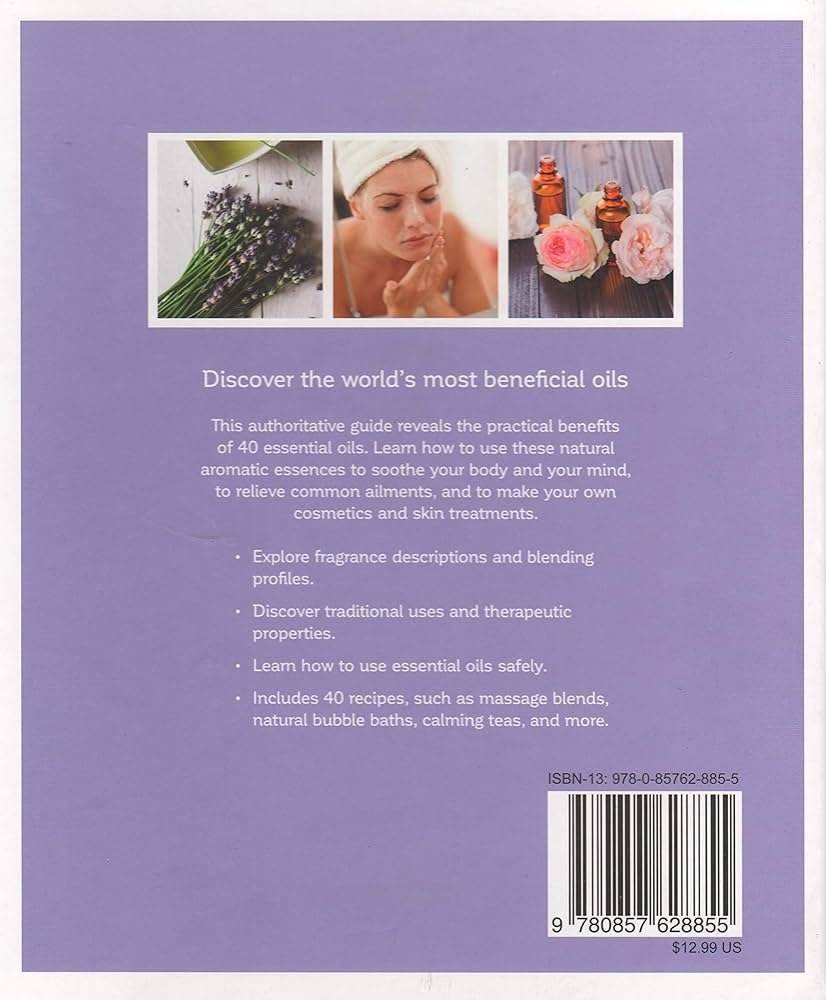
Reducing the Appearance of Wrinkles and Aging
Anti-aging Essential Oils
As we age, our skin naturally shows signs of aging, including fine lines, wrinkles, and loss of elasticity. Essential oils can be a valuable addition to any anti-aging skincare routine, as they can help nourish the skin, promote collagen production, and reduce the appearance of wrinkles.
Some essential oils that are particularly effective for reducing the signs of aging include rosemary, frankincense, and geranium. Rosemary oil has antioxidant properties that can combat free radicals and protect the skin from oxidative stress. Frankincense oil is known for its rejuvenating effects and can help reduce the appearance of wrinkles and improve skin tone. Geranium oil can help balance oil production, tighten the skin, and promote a youthful complexion.
DIY Wrinkle-reducing Facial Serums
Creating a DIY facial serum with essential oils can provide targeted nourishment and hydration to the skin, helping to reduce the appearance of wrinkles and fine lines.
To create a wrinkle-reducing facial serum, combine a few drops of your chosen essential oils with a carrier oil like rosehip or jojoba oil. You can also add essential oils like lavender or chamomile for their soothing effects.
Massage a small amount of the serum onto clean, dry skin, focusing on areas with fine lines or wrinkles. The essential oils penetrate the skin, providing intense hydration and promoting a youthful-looking complexion over time.
Using Essential Oils in Facial Massage
Facial massage is a relaxing and rejuvenating practice but can also help improve circulation, boost collagen production, and reduce the appearance of wrinkles. Incorporating essential oils into your facial massage routine can enhance its benefits and nourish the skin.
To perform a facial massage with essential oils, start by cleansing your face thoroughly. Then, apply a few drops of your chosen oil with a carrier oil to your face and neck. Using upward, circular motions, massage the oil into your skin for several minutes, focusing on fine lines or tension areas.
Facial massage with essential oils can improve skin tone and texture, reduce puffiness and congestion, and leave your skin radiant and refreshed.
Natural Perfumes with Essential Oils
Essential Oils for Fragrance Blending
Creating your natural perfume using essential oils allows you to customize your scent and avoid the synthetic ingredients often found in commercial fragrances. Essential oils offer a wide range of aromas, from floral and citrusy to earthy and woody.
Some popular essential oils for fragrance blending include lavender, bergamot, ylang-ylang, patchouli, and sandalwood. Experiment with different combinations to find a scent that resonates with you and reflects your style.
Creating Solid Perfumes with Essential Oils
Solid perfumes are a convenient and portable alternative to traditional liquid perfumes. They can easily be carried in your bag and applied throughout the day for touch-ups.
To create a solid perfume with essential oils, you will need a carrier oil (such as coconut or jojoba oil), beeswax, and your chosen essential oils. Melt the beeswax and carrier oil together, then add a few drops of essential oil for fragrance. Pour the mixture into a small container or tin and let it solidify.
Solid perfumes can be applied by rubbing a small amount onto pulse points, such as the wrists, behind the ears, or on the neck. The warmth of your body will melt the perfume, releasing its aromatic scent.
Using Essential Oils in Homemade Perfume Sprays
For a more traditional perfume experience, you can create your homemade perfume spray using essential oils. This allows you to enjoy essential oils’ benefits while spritzing your favorite scent.
You will need a small spray bottle, vodka or witch hazel, water, and your chosen essential oils to make a perfume spray. Fill the spray bottle about three-quarters full with the alcohol or witch hazel, then add a few drops of essential oils. Fill the rest of the bottle with distilled water and shake well to combine.
Spray the perfume onto your pulse points or throughout your hair for a long-lasting and aromatic fragrance. Remember to shake the bottle before each use to distribute the oils evenly.
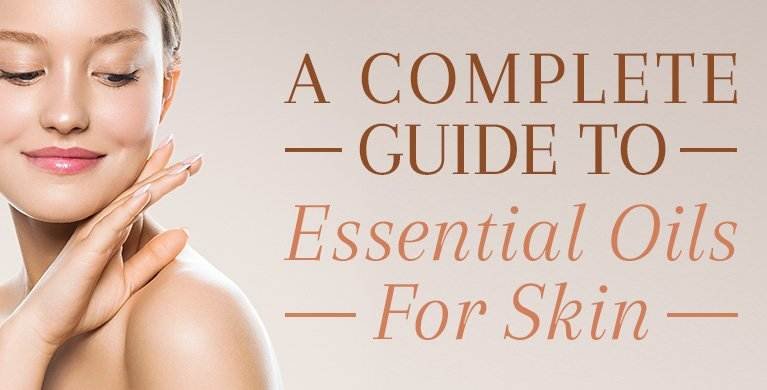
Relaxation and Stress Relief
Calming Essential Oils
Essential oils can be incredibly effective in promoting relaxation and reducing stress. Certain oils have calming and soothing properties that can help alleviate anxiety, improve sleep quality, and create a sense of tranquility.
Lavender oil is widely regarded as one of the most calming essential oils. Its floral aroma can help reduce stress and promote better sleep. Other essential oils with relaxing properties include chamomile, ylang-ylang, bergamot, and clary sage.
Creating a Relaxing Bath with Essential Oils
A bath infused with essential oils is a beautiful way to unwind and relax after a long day. The warm water helps to release the aromatic molecules of the oils, allowing you to enjoy their therapeutic benefits.
To create a relaxing bath with essential oils, fill your bathtub with warm water and add a few drops of your chosen essential oil. Lavender or chamomile oil is particularly soothing and can promote deep relaxation. Soak in the bath for at least 20 minutes, taking slow, deep breaths to enjoy the aroma and fully unwind your mind and body.
Diffusing Essential Oils for Stress Relief
Another effective way to enjoy the calming effects of essential oils is through diffusing. Essential oil diffusers disperse the oils into the air as a fine mist, filling your space with a gentle and aromatic ambiance.
To diffuse essential oils for stress relief, fill your diffuser with water and add a few drops of your chosen oil. Lavender, chamomile, and bergamot are excellent options for creating a serene and calming atmosphere. Place the diffuser in your bedroom or living space and let it run for 30-60 minutes to create a peaceful, stress-free environment.
Enhancing Mood and Mental Well-being
Uplifting Essential Oils
Essential oils can uplift your mood and enhance your overall well-being. They can stimulate the senses, improve mental clarity, and boost your mood, making them a valuable addition to your daily routine.
Citrus oils like orange, lemon, and grapefruit are known for their uplifting properties and can help improve mood and increase energy levels. Peppermint oil is refreshing and can help promote mental alertness and clarity. Rose oil is emotionally calming and can help reduce anxiety and stress.
Creating Personalized Essential Oil Blends
Personalizing your essential oil blends allows you to tailor your scent and benefits to your needs. Consider the mood you want to achieve and the properties of different essential oils to create a blend that resonates with you.
For example, if you want an energizing blend, you might combine citrus oils like lemon and orange with a hint of peppermint. Combine lavender, chamomile, and ylang-ylang if you want a relaxing blend. Experiment with combinations until you find the perfect mix that uplifts your mood and supports your mental well-being.
Incorporating Essential Oils in Aromatherapy Diffusers
Aromatherapy diffusers are a convenient and effective way to enjoy the benefits of essential oils throughout the day. These devices disperse the oils into the air, allowing you to enjoy their aromatic properties and therapeutic effects.
To incorporate essential oils in an aromatherapy diffuser, follow the manufacturer’s instructions for adding water and oil. Choose oils known for their mood-enhancing properties, such as citrus oils for energy or floral oils for relaxation. Turn on the diffuser and let the aroma fill your space, creating a pleasant and uplifting atmosphere.
Combining suitable essential oils, understanding their benefits, and considering your specific skincare needs can create a comprehensive natural beauty routine that caters to your unique preferences. Whether you’re looking to improve your skin’s health, enhance your hair’s condition, address specific skin concerns, or promote relaxation and well-being, essential oils offer a natural and effective solution. So, take the time to explore different oils, experiment with various combinations, and discover the incredible benefits essential oils can bring to your natural beauty and wellness journey.
